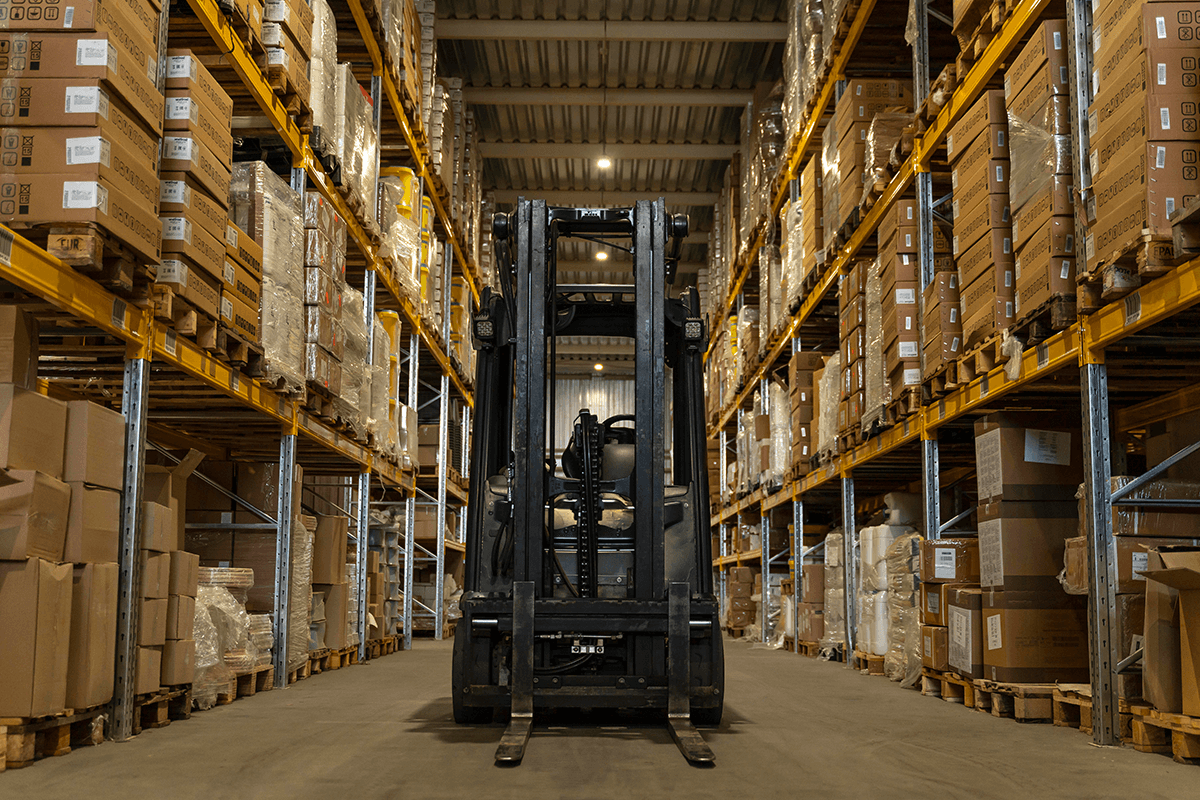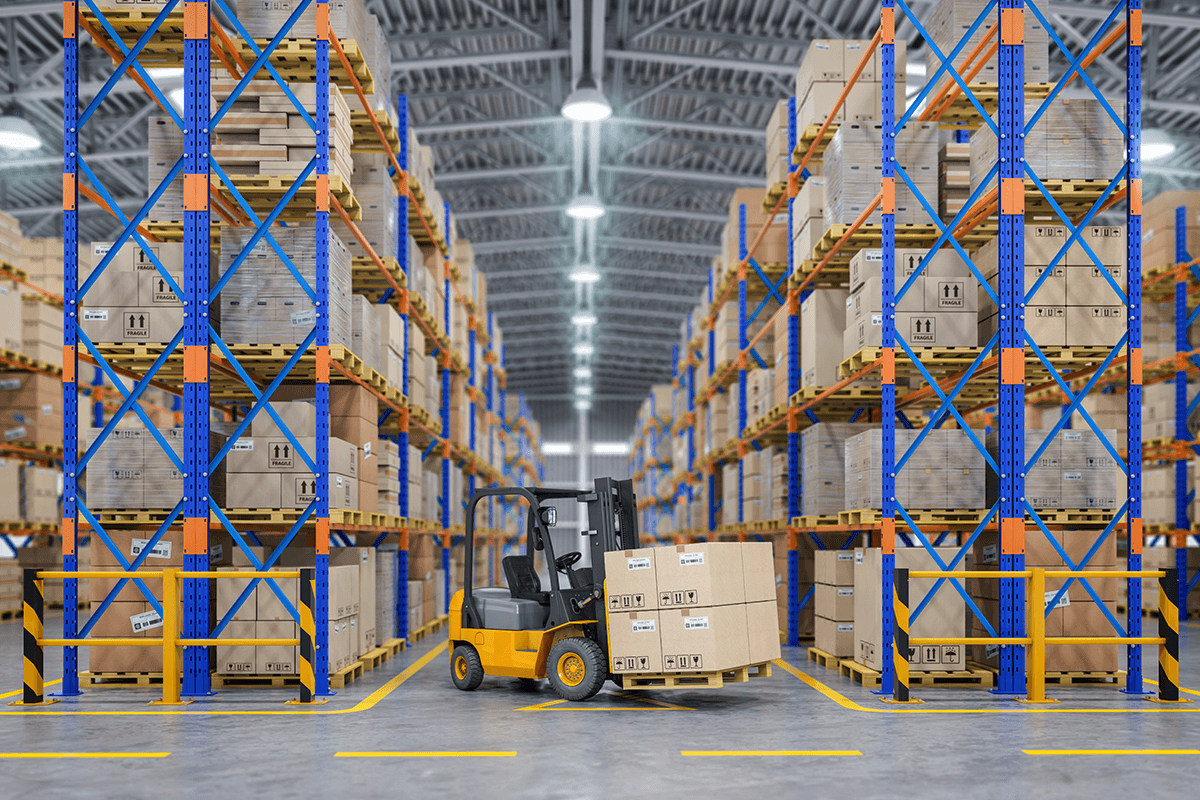Warehouses are the bustling hubs of many industries, where the efficient movement of goods is critical. Forklifts, in particular, play a central role in this process.
Traditionally, forklifts have been powered by gas or diesel engines. However, there’s a growing trend towards electric forklifts, and for good reason. In this article, we’ll delve into the numerous benefits of electric forklifts in warehouse operations.
Discover the Benefits of Electric Forklifts
The Shift to Electric
Electric forklifts have gained popularity for several compelling reasons. These machines are powered by batteries, eliminating the need for traditional fuels. This shift to electric has far-reaching advantages, making electric forklifts a sensible choice for warehouses of all sizes.
Environmentally Friendly
One of the most significant benefits of electric forklifts is their eco-friendliness. Unlike their gas and diesel counterparts, electric forklifts produce zero emissions. This not only helps reduce a warehouse’s carbon footprint but also creates a healthier and safer work environment for employees.
Cost-Efficient
Electric forklifts are more cost-efficient in the long run. While the initial purchase price may be slightly higher than that of a gas or diesel forklift, the lower operating and maintenance costs quickly offset this difference. Electric forklifts have fewer moving parts, reducing the need for frequent repairs and maintenance.
Quiet Operation
Electric forklifts are remarkably quiet, which is a significant advantage in warehouse operations. Their silent operation allows for more peaceful working conditions and fewer noise-related disruptions, creating a better atmosphere for workers.
Energy-Efficient
Electric forklifts are highly energy-efficient. Modern batteries offer longer run times and faster recharging capabilities. This means less downtime for forklifts waiting for refuelling and more productivity in the warehouse.

No Fuel Storage
Gas and diesel forklifts require on-site fuel storage, which can be both hazardous and space-consuming. Electric forklifts, on the other hand, only need a designated charging area, which is safer and takes up less space.
Easy Maintenance
Maintenance of electric forklifts is more straightforward. With fewer moving parts and no engine oil changes, the maintenance schedule is less demanding and cost-effective.
Precision and Control
Electric forklifts provide better precision and control, thanks to their smoother acceleration and braking. This accuracy is essential for lifting and transporting goods in a busy warehouse without causing damage.
Reduced Heat Emissions
Traditional forklifts generate a considerable amount of heat during operation, which can be uncomfortable for operators and harmful to the products being transported. Electric forklifts produce significantly less heat, making them ideal for handling temperature-sensitive goods.
Adaptability
Electric forklifts come in various sizes and configurations, making them adaptable to the specific needs of a warehouse. Whether you require a compact forklift for narrow aisles or a heavy-duty model for larger loads, there’s an electric option to suit your requirements.
A Sustainable Future for Warehousing
The shift to electric forklifts in warehouse operations is a wise choice. These machines offer a range of benefits, including environmental friendliness, cost-efficiency, quiet operation, energy efficiency, easy maintenance, precision, and adaptability.
As warehouses seek to streamline their operations and create a more sustainable working environment, electric forklifts are becoming an increasingly integral part of the equation.
Electric forklifts are a testament to the ever-advancing technology that continues to improve and innovate the logistics and material handling industry. As the world moves towards more sustainable practices, electric forklifts are poised to play a pivotal role in the future of warehousing.




